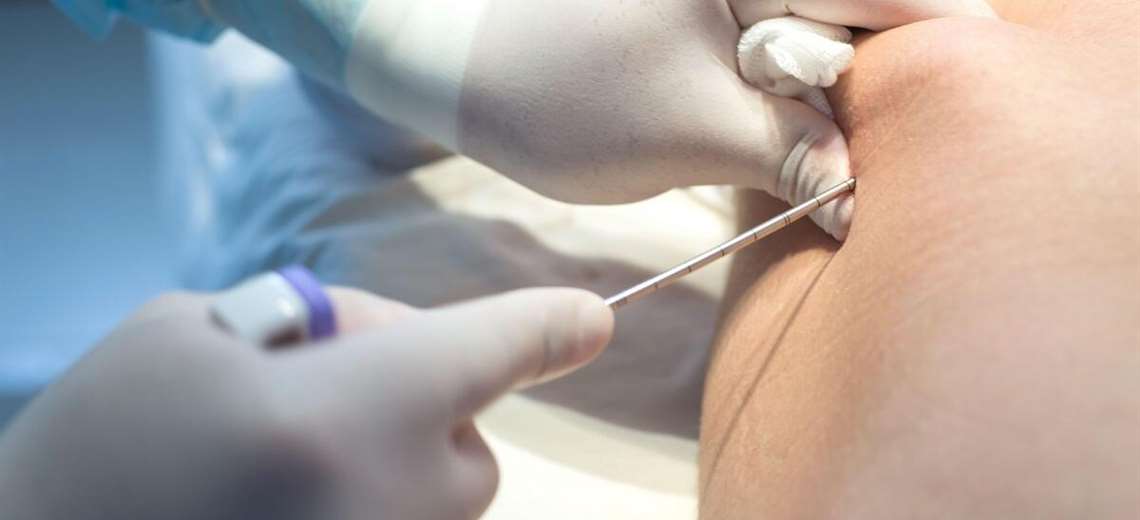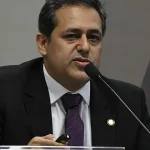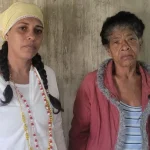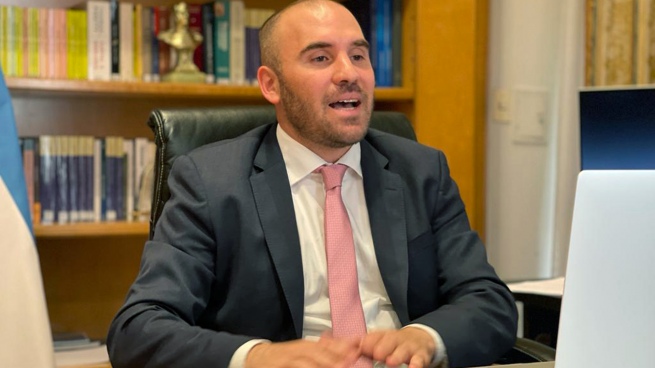Bolivia already appears in the registries from countries where bone marrow transplants are performedsays the specialist in Oncohematology and Person of the Year EL DEBER (2017), Ariel Amaru, who highlights that this will help exchanges for the training of laboratory and nursing personnel, for example, at the University of Chicago, in the United States. Joined.
Another advantage is that certain characteristics of this intervention can be investigated, for example, the fact that it is carried out at height, due to the way in which the organism behaves in those environmental conditions.
The appearance of Bolivia in the registries of countries in which bone marrow transplants are performed was made in a scientific journal of the European Society for Blood and Marrow Transplantation (European Society for Marrow Transplantation), in a article that refers to Latin America and the situation of access to this procedure. Amaru points out that data of this type is updated approximately every five years, which is why, until 2015, there were no records of these transplants in the country.
The first bone marrow transplants in Bolivia were performed in 2017. In these five years, the team at the Oncoclinic clinic (La Paz) performed nine transplantswith seven successful patients, who lead normal lives after the procedure.
Amaru explains that the patient must undergo several chemotherapies and when he is ready for the transplant, his stem cells are collected and frozen through a device that is connected to a vein. Subsequently, a new, stronger chemotherapy is carried out, which destroys the bone marrow – which is the blood factory, says the doctor – until there are no cells left, neither good nor bad. So when it’s empty they thaw stem cells and reintroduces them into the patient for it to produce its own blood. This usually takes around 20 days, in which the patient is prone to infection, so safe environments are essential.
Patients suffering from lymphoma (cancer of the blood that affects the nodes) and myeloma (cancer of the blood that affects the bones) are the ones who may require a bone marrow transplant. The one that takes place in Bolivia is called autologous, since it is the patient’s own cells that are injected. The doctor points out that, after the transplant, patients with lymphoma do not need to take medication, while those with myeloma do. Amaru indicates that myeloma is not cured, but remains ‘asleep’ for between three and five years, so there are patients who repeat a transplant or two.
An intervention like this in neighboring countries can cost between US$60,000 and US$70,000, according to the specialist, who states that andn Bolivia costs between US$35,000 and US$40,000, due to medicineswhich must be brought from abroad.
In December 2021, a a bone marrow transplant in a Bolivian public hospital, to an eight-year-old patient, whose result was positive. In February of this year, the Ministry of Health announced that these procedures are available to the Bolivian population.
For all these recent achievements, our country is now on the world map of places where transplants are performed.
Bolivia already appears in the registries from countries where bone marrow transplants are performedsays the specialist in Oncohematology and Person of the Year EL DEBER (2017), Ariel Amaru, who highlights that this will help exchanges for the training of laboratory and nursing personnel, for example, at the University of Chicago, in the United States. Joined.
Another advantage is that certain characteristics of this intervention can be investigated, for example, the fact that it is carried out at height, due to the way in which the organism behaves in those environmental conditions.
The appearance of Bolivia in the registries of countries in which bone marrow transplants are performed was made in a scientific journal of the European Society for Blood and Marrow Transplantation (European Society for Marrow Transplantation), in a article that refers to Latin America and the situation of access to this procedure. Amaru points out that data of this type is updated approximately every five years, which is why, until 2015, there were no records of these transplants in the country.

The first bone marrow transplants in Bolivia were performed in 2017. In these five years, the team at the Oncoclinic clinic (La Paz) performed nine transplantswith seven successful patients, who lead normal lives after the procedure.
Amaru explains that the patient must undergo several chemotherapies and when he is ready for the transplant, his stem cells are collected and frozen through a device that is connected to a vein. Subsequently, a new, stronger chemotherapy is carried out, which destroys the bone marrow – which is the blood factory, says the doctor – until there are no cells left, neither good nor bad. So when it’s empty they thaw stem cells and reintroduces them into the patient for it to produce its own blood. This usually takes around 20 days, in which the patient is prone to infection, so safe environments are essential.
Patients suffering from lymphoma (cancer of the blood that affects the nodes) and myeloma (cancer of the blood that affects the bones) are the ones who may require a bone marrow transplant. The one that takes place in Bolivia is called autologous, since it is the patient’s own cells that are injected. The doctor points out that, after the transplant, patients with lymphoma do not need to take medication, while those with myeloma do. Amaru indicates that myeloma is not cured, but remains ‘asleep’ for between three and five years, so there are patients who repeat a transplant or two.
An intervention like this in neighboring countries can cost between US$60,000 and US$70,000, according to the specialist, who states that andn Bolivia costs between US$35,000 and US$40,000, due to medicineswhich must be brought from abroad.
In December 2021, a a bone marrow transplant in a Bolivian public hospital, to an eight-year-old patient, whose result was positive. In February of this year, the Ministry of Health announced that these procedures are available to the Bolivian population.
For all these recent achievements, our country is now on the world map of places where transplants are performed.
;



















